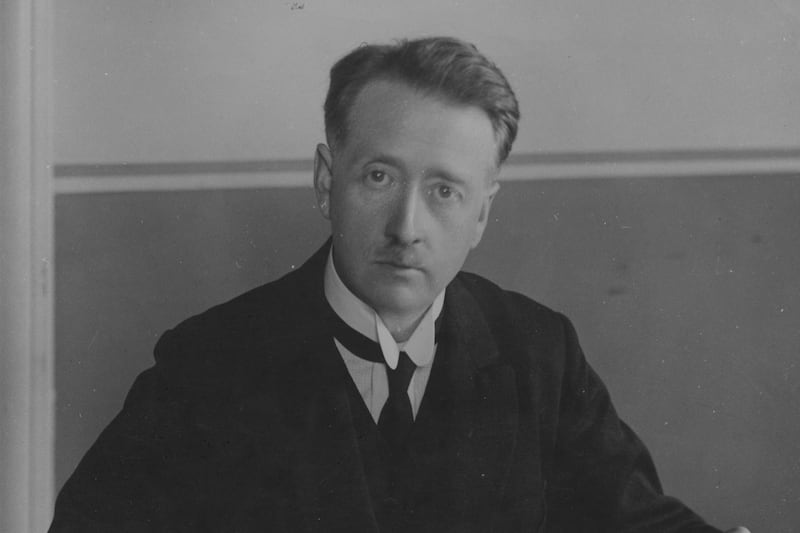June 24 1924
A buoyant citizen sent us a cheerful request last evening: “Please announce,” he wrote, “that the summer of 1924 has arrived. I have not heard or seen either the cuckoo or the corncrake yet; but I saw summer weather in Belfast this day, June 23rd – the Eve of St John’s Day. If I was living elsewhere I should light a traditional bonfire.”
The hours of darkness have not passed away at the time of writing; if persistent adherence to the custom of welcoming midsummer by lighting fires to the honour of Baal on Irish hilltops survive in any part of the country, we hope these blazing celebrations of pre-Patrician rites will not suffer through the exertions of the Greek god commonly spoken of as “Jupiter Pluvius”.
Should the hope of the gentleman who joyously hailed summer be fulfilled, we shall have 24 hours without rain for the first time since June replaced May.
On this question of rainfall Ireland is unpartitioned.
Irish News editorial lamenting the levels of rainfall in the summer of 1924 that are all too familiar with readers 100 years later.
Appeal over Internees
The Prisoners’ Release Committee of Armagh have sent the following letter to each member of the British Labour Party in the Imperial Parliament.
Dear Sir – We are writing on the instruction of the Prisoners’ Release Committee here to invite your attention and solicit your help in the matter of the three hundred internees who are held by the Northern Government.
You will be aware already that these men have suffered for more than two years now; that the prospect of release is as uncertain now as it was at any time since their arrest, and that the suspense is more galling for them in that they see the Six Counties in a state of peace which has lasted for the past twenty months and thus seems well assured.








